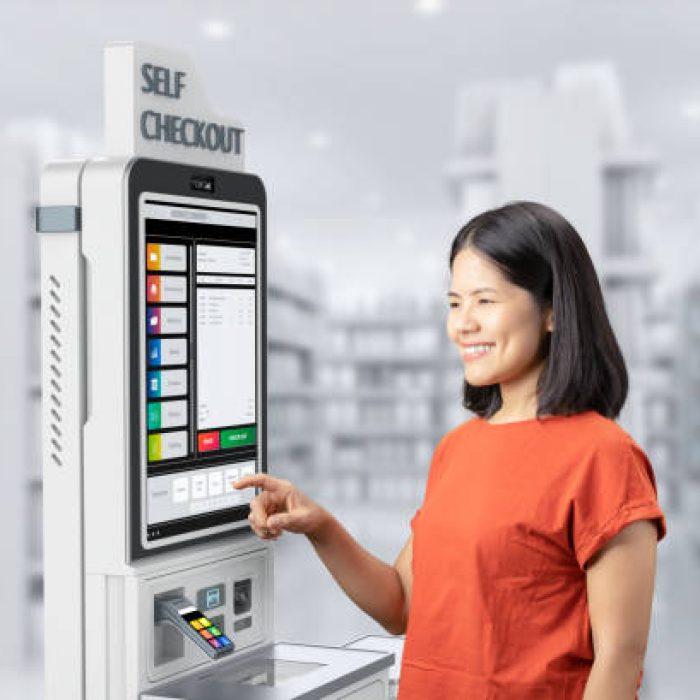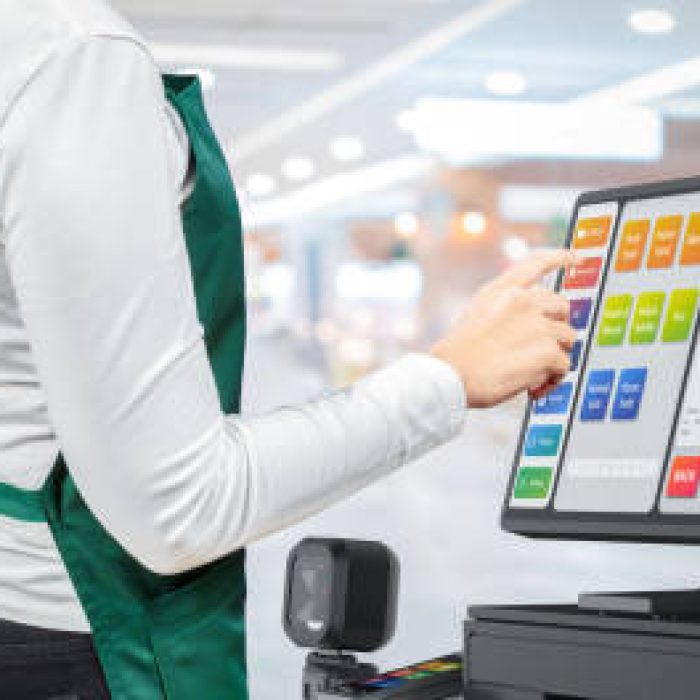As businesses rely more on Point of Sale (POS) systems to handle transactions, data security has become a top priority. A compromised POS system can lead to financial loss, data breaches, and damaged customer trust. Here are some essential security measures to safeguard your POS system and protect both your business and customers.
1. Use End-to-End Encryption (E2EE)
End-to-End Encryption ensures that payment data is encrypted from the moment a transaction begins until it reaches the payment processor. This prevents hackers from intercepting sensitive data.
2. Implement Multi-Factor Authentication (MFA)
Adding an extra layer of security, such as multi-factor authentication (MFA), helps prevent unauthorized access to your POS system. Require employees to verify their identity using a password and an additional authentication method, like a mobile app or biometric verification.
3. Keep POS Software and Hardware Updated
Regular updates help fix vulnerabilities that hackers may exploit. Always keep your POS software, firmware, and connected hardware up to date to ensure the latest security patches are applied.
4. Restrict User Access and Permissions
Limit access to sensitive POS functions based on employee roles. Implement role-based access control (RBAC) to ensure that only authorized staff can perform specific operations, reducing the risk of insider threats.
5. Use Secure Wi-Fi Networks
Never connect your POS system to public or unsecured Wi-Fi networks. Use a dedicated, encrypted network for transactions to prevent cybercriminals from accessing sensitive data.
6. Enable PCI Compliance
Ensure that your POS system follows Payment Card Industry Data Security Standard (PCI-DSS) guidelines. Compliance with PCI standards helps prevent card fraud and protects customer payment information.
7. Regularly Monitor and Audit Transactions
Keep an eye on transaction logs and security reports to detect any suspicious activity. Set up automated alerts for unusual transactions or login attempts.
8. Train Employees on POS Security Best Practices
Human error is one of the leading causes of security breaches. Train your employees on POS security protocols, including recognizing phishing attempts, avoiding suspicious downloads, and safely handling customer data.
9. Use Secure Payment Processing Methods
Adopt EMV chip technology, tokenization, and contactless payments to enhance security and minimize the risk of fraudulent transactions.
10. Have a Backup and Recovery Plan
In case of a cyberattack or system failure, having a data backup and recovery plan ensures business continuity. Regularly back up your POS data to a secure location and test the recovery process.
Final Thoughts
POS security is not just an IT concern—it’s a business necessity. By implementing these best security practices, you can protect your business, safeguard customer trust, and prevent costly data breaches.
Want to ensure your POS system is secure? Get in touch with us to explore robust security solutions for your business!





